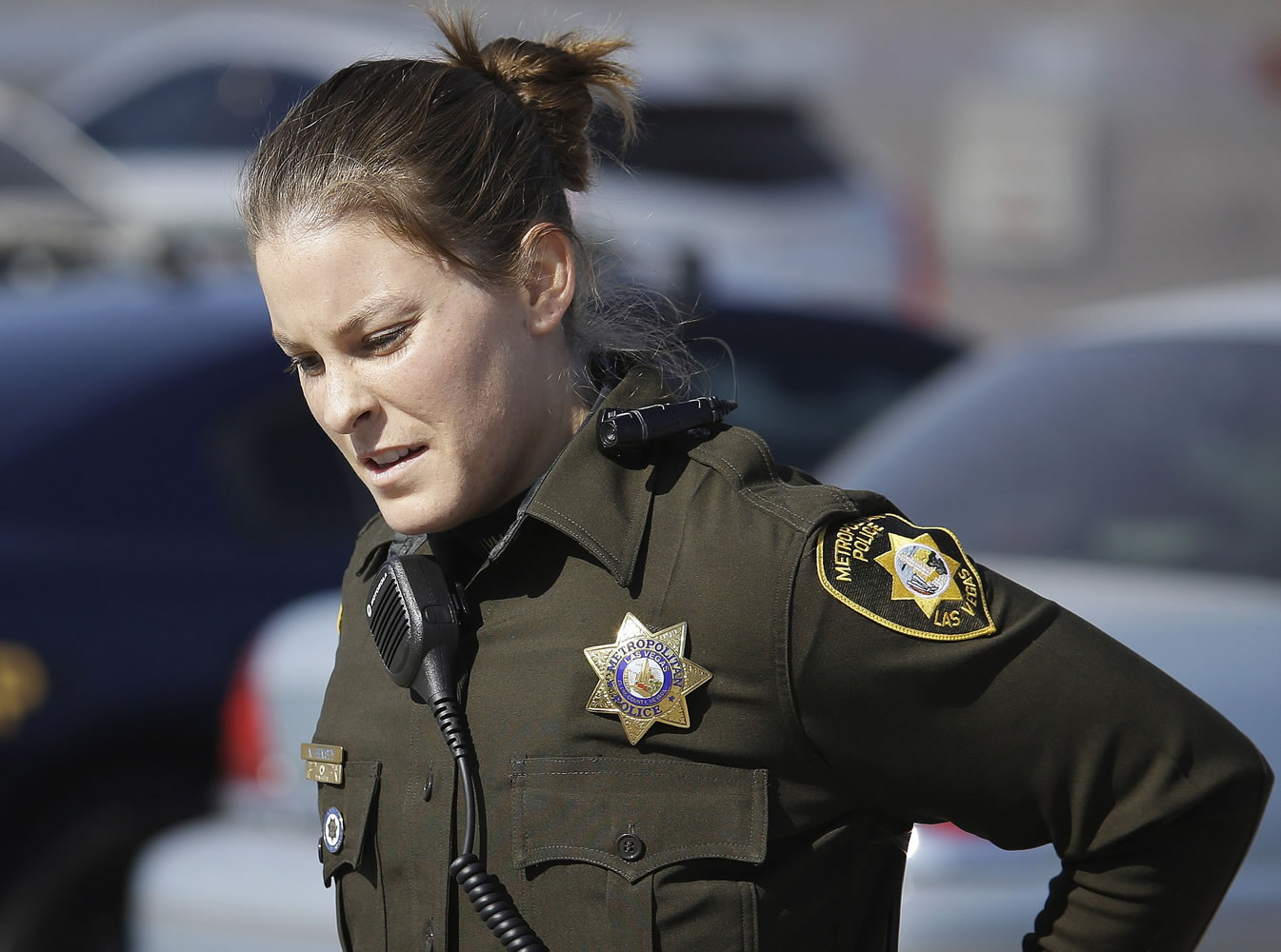Police officers wearing body cameras do not need permission to record conversations with the public in Washington, according to an attorney general’s opinion released Monday.
As long as a police officer is in uniform and easily identifiable as being on duty, officers could record conversations and the information would be public.
“The Washington Privacy Act does not require officer consent because the Washington Supreme Court has recognized that a conversation between a police officer and a member of the public that occurs in the performance of the officer’s duties is not private,” according to the formal opinion. Conversely, a citizen could record a police officer without consent.
“It’s a two-way street. If the conversation is not private, it’s not private for either of the participants,” said the state’s solicitor general, Noah Purcell.
Attorney General Bob Ferguson released the opinion in response to questions from state Sen. Andy Billig, D-Spokane, about body cameras worn by police officers. Though not issued by a judge, attorneys general’s opinions carry the practical weight of law.
Body cameras are not yet worn in Clark County, but could be adopted in the coming years both for officer safety and as the public demands more accountability from police.
Ferguson noted that a collective bargaining agreement could affect whether officers must consent to wearing or using body cameras. But if a conversation occurs while an officer is performing his or her duties it is not private; that could include a conversation that takes place in a person’s home, Ferguson said.
The information collected by the camera, including audio and video recordings, could be requested under public information laws.
Even if a person requests the recording to stop, it would not violate the Washington Privacy Act for the camera to continue recording.
“An objecting party could simply decline to continue the conversation,” the attorney general wrote in response to Billig.
Ferguson noted that body cameras are relatively new technology and didn’t exist when the privacy laws were written. Local jurisdictions and the state Legislature will likely continue to grapple and possibly make changes to the law, Ferguson said.
A local jurisdiction, for example, could require police officers to turn off a body camera when entering someone’s home, according to Ferguson.
Dozens of police agencies across the country have put body cameras on their officers. In the Pacific Northwest, police forces in Spokane, Bremerton and Bend, Ore., use the tiny cameras, which can be worn on officers’ uniforms, clipped to eyeglasses or even worn like an earpiece.
The state Legislature has also approved funding for the Washington State Patrol to purchase body-mounted cameras.
Vancouver Police Chief James McElvain said that though local officers don’t wear body cameras now and there are no immediate plans to add the technology, he sees the body cameras as something that could be eventually worn by Vancouver police officers.
“I’ve had a couple conversations with the guild in passing about body cameras … Obviously this is one of the things that is subject to bargaining,” he said.
Those negations with union members, he said, are just a matter of time.
“This is something that the public across the United States is asking for,” McElvain said. “When you keep in mind that we serve at the will of the people, I don’t know that it would be the best business to disregard what their sentiment is.”
He said he sees the technology as good for citizens in having more confidence in the work that law enforcement officers are doing. When it comes to law enforcement leaders, McElvain said, “the consensus is that this is a valuable tool that is essential to our practice.”
However, he said, that comes with limitations.
The camera doesn’t capture the entire scope of the 360-degree world, including what the officer sees when he turns his head or looks up.
“It’s an opportunity to put whoever views the footage in the shoes of an officer …but it can often be misleading,” he said. “It can give a perspective, but there’s still a human being that’s behind that camera that’s taking action.”
On top of those limitations, it also presents more work when it comes to requesting the recordings as public records.
“It’s proven to be very debilitating to sift through all of that information and provide it to that requestor,” McElvain said. “It’s one thing that you’re able to capture the video, it’s another that you have a public disclosure request that essentially cripples the agency’s ability to keep up.”





